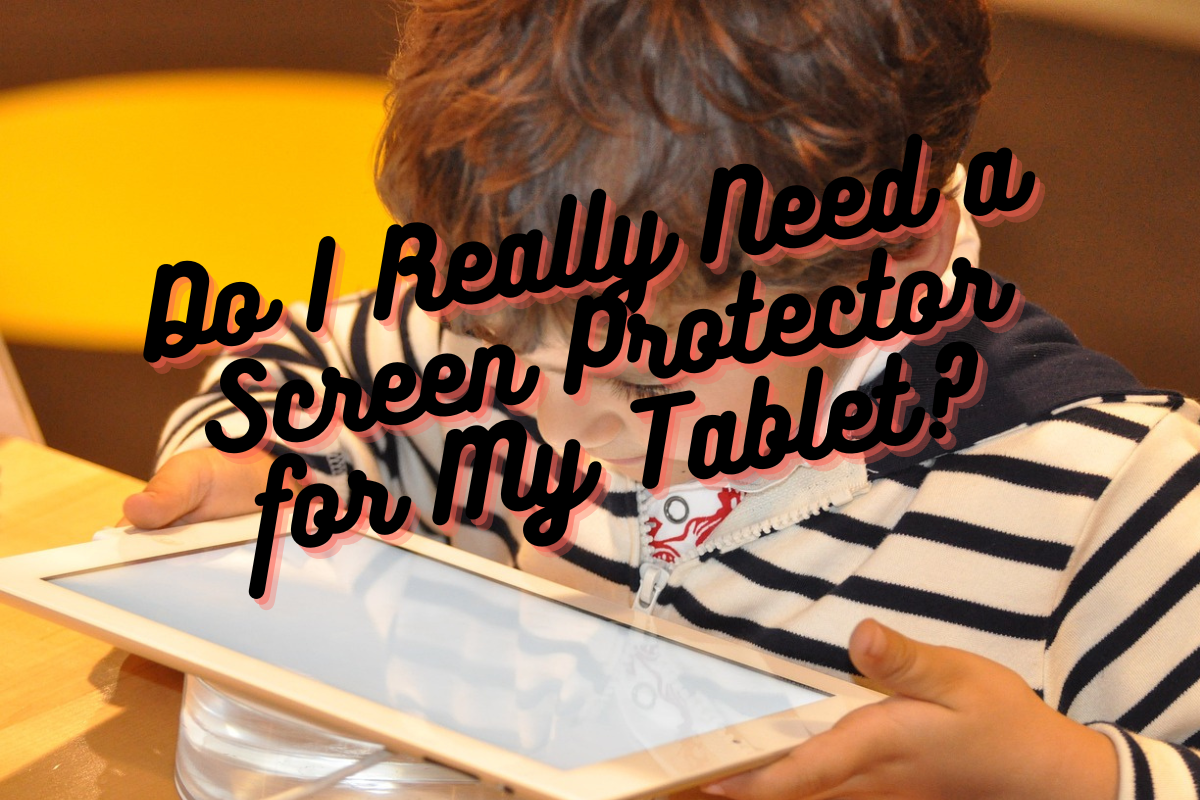As tablets have become an essential device for both personal and professional use, keeping them in top-notch condition is a priority for users seeking to prolong their lifespan. One of the main concerns is protecting the tablet’s screen from scratches, drops, and smudges. A screen protector might be the solution—but do you really need it?
This guide will walk you through the various factors to consider when deciding whether a screen protector is a must-have accessory for your tablet, along with the pros and cons associated with using one.
The Importance of a Tablet’s Screen
A tablet’s screen is its most crucial component. Users interact with the device entirely through their screens—whether by typing, swiping, or scrolling. Not only is it the primary means of access to apps and functions, but the visual quality enhances the overall experience. Therefore, keeping it in pristine condition is essential in maintaining the tablet’s performance and value.
The Role of a Screen Protector
Screen protectors are thin sheets of plastic or tempered glass designed to adhere to a tablet’s surface, shielding it from scratches, cracks, and other potential damage. Gone are the days when screen protectors would bubble and affix poorly, as technology advancements have made them much easier to apply and ensure a snug fit with your tablet’s screen.
Pros
- Scratch Protection: Screen protectors serve as a reliable barrier, protecting the screen from everyday risks such as keys, coins, or pens that may come in contact with the device.
- Impact Protection: Some screen protectors, particularly those made of tempered glass, can provide a level of impact protection, safeguarding tablets from the effects of accidental drops or bumps.
- Fingerprint and Smudge Resistance: Tablet screens easily accumulate fingerprints and smudges. Using a screen protector can lessen such marks, making the screen more manageable to clean.
- Glare Reduction: Some screen protectors come with a matte finish, minimizing glare from sunlight or bright indoor lighting—ideal for users who spend a lot of time outdoors.
- Enhanced Privacy: Certain screen protectors can restrict viewing angles, preventing prying eyes from seeing your screen content.
Cons
- Aesthetic Concerns: A screen protector may slightly alter the tablet’s look and, if not applied correctly, can lead to bubbles or trapped dust.
- Sensitivity Issues: Some screen protectors, particularly the cheaper variants, may impact the tablet’s screen sensitivity, reducing responsiveness.
- Added Costs: Screen protectors can be expensive, particularly high-quality tempered glass options. While investing in one ultimately protects your device, it does add to the overall cost.
Factors to Consider
Before purchasing a screen protector for your tablet, consider the following:
Tablet Usage
If you often use your tablet outdoors or in environments with the potential for scratches and direct impact, a screen protector is a worthwhile investment. However, if you use your device primarily indoors and have a designated protective case, you may not require one as urgently.
Existing Protection
Some tablets come with built-in scratch-resistant or shatterproof glass, such as Gorilla Glass or Dragontrail Glass. While this doesn’t make them invulnerable, it can provide a level of protection negating the need for a screen protector.
Screen Repair or Replacement Costs
Compare the cost of a screen protector with the expense of replacing or repairing the tablet’s screen. In many cases, the conservative investment in a screen protector pays off in the long run.
Type of Screen Protector
Different screen protectors offer various levels of protection. Tempered glass is more effective at shielding from impacts and scratches, but plastic-based options may suit users prioritizing glare reduction or privacy features.
Conclusion
Whether you need a screen protector for your tablet ultimately depends on your usage patterns, the environment in which the tablet is utilized, and your personal preferences. Consider the potential risks and weigh the pros and cons outlined above before making a decision.
For those who prioritize keeping their tablet in perfect condition or are prone to accidents and damaging their screens, a screen protector is a valuable investment. However, for users who have more cautious usage patterns and a secure protective case, it may be deemed unnecessary. Use this guide to make an informed decision and keep your tablet looking and operating like new.

